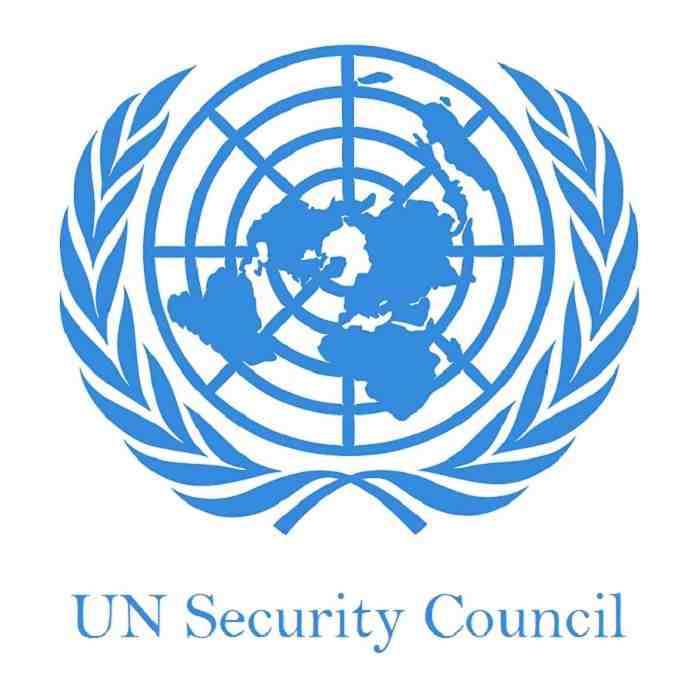News Highlight
India is hosting a special meeting of the United Nations Security Council’s Counter-Terrorism Committee (CTC).
Key takeaway
- This will be the first meeting of the UNSC-CTC in India since its establishment in 2001.
- The CTC will discuss the overarching theme of ‘Countering the use of new and emerging technologies for terrorist purposes.
- The panel will also discuss terror financing through crypto-currency and drones in new-age terrorism.
- The meeting is expected to be attended by the British Foreign Secretary, along with his counterparts from Gabon and Ghana, and junior foreign ministers from UAE and Albania.
The Counter-Terrorism Committee (CTC)
- Foundation
- The CTC was established by the UN Security Council resolution 1373 (2001), which was adopted unanimously on 28th September 2001 in the wake of the 11 September terrorist attacks in the United States.
- Mandate
- The Committee comprising all 15 Security Council members were tasked with monitoring the implementation of resolution 1373 (2001), which requested countries to implement several measures to enhance their legal and institutional ability to counter-terrorist activities at home, in their regions and around the world.
- Chaired by:
- The Permanent Representative of India to the UN currently serves as the Chair of the CTC for 2022.
- Purpose
- UNSC Counter-Terrorism Committee(CTC) will discuss the overarching theme of ‘Countering the use of new and emerging technologies for terrorist purposes.
- The panel will also discuss terror financing through crypto-currency and drones in new-age terrorism.
United Nations Security Council (UNSC)
- About
- The Security Council was established by the UN Charter in 1945.
- The UNSC is one of the six principal organs of the United Nations and is charged with maintaining international peace and security.
- The six principal organs of the UN:
- The General Assembly
- The Security Council
- The Economic and Social Council
- The Trusteeship Council
- The Secretariat
- International Court of Justice
- Powers:
- Its powers include establishing peacekeeping operations, the establishment of international sanctions, and the authorisation of military action through Security Council resolutions.
- It is the only UN body with the authority to issue binding resolutions to member states.
- Composition:
- The Security Council consists of fifteen members.
- The five permanent members (P5):
- Russia
- The United Kingdom
- France
- China
- The United States
- The Security Council also has ten non-permanent members, elected on a regional basis to serve two-year terms.
- The body’s presidency rotates monthly among its members.
- Veto power:
- The permanent members (P5) can veto any substantive Security Council resolution, including those on the admission of new member states or candidates for Secretary-General.
- UNSC elections:
- Each year, the General Assembly elects five non-permanent members (out of 10 in total) for a two-year term.
- The ten non-permanent seats are distributed on a regional basis as follows
- Five for African and Asian States.
- One for the Eastern European States.
- Two for the Latin American and Caribbean States;
- Two for Western European and other States
Content Source: The Hindu



